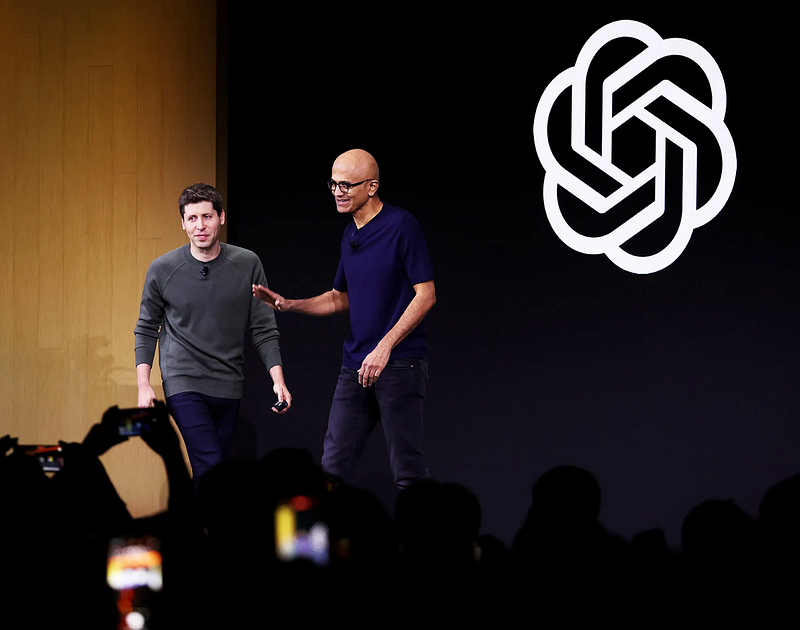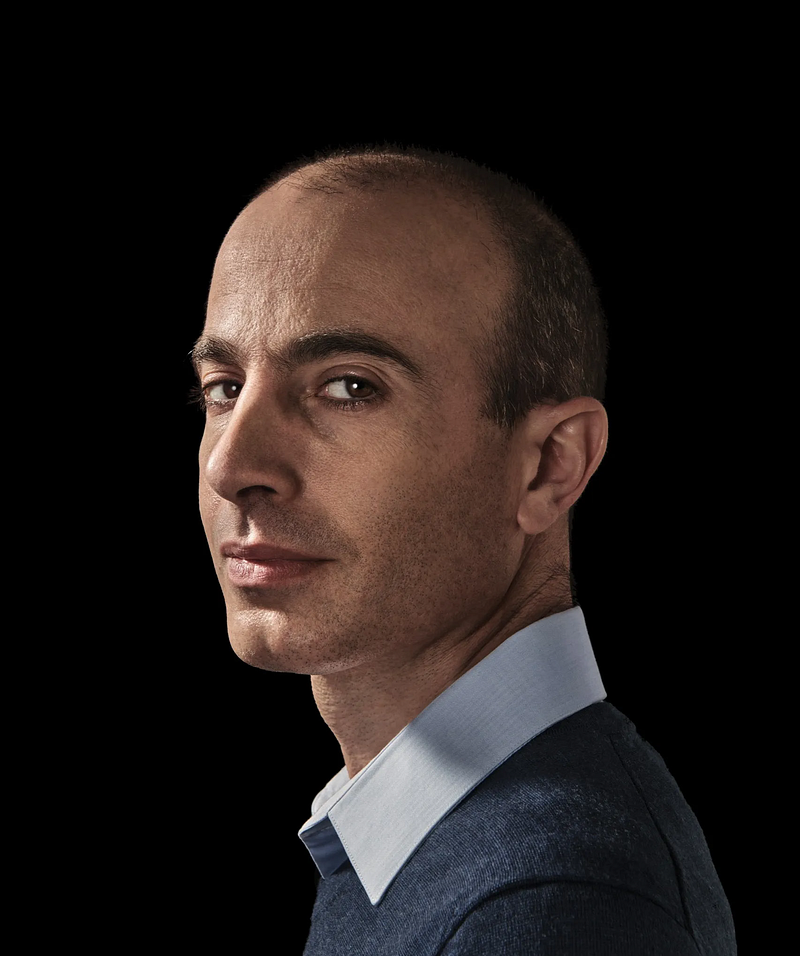
In Sweden, there is a long-standing tradition for newly graduated high school students to celebrate on a truck while driving around the city. Every class gets to decorate their truck with a slogan. Usually, the slogans are something like “We survived high school,” but lately, the signs have said “Thank you ChatGPT for saving us.” Although this new slogan is meant as a joke and not to be taken literally, it displays how prevalent the phenomenon of artificial intelligence (AI) has become. It is no secret that AI can improve certain aspects of life, including education. However, I find it more interesting to understand the potential dangers of AI in our educational system.
One of the most intriguing and concerning features of ChatGPT, a leading AI chatbot, is its ability to produce new and improve existing content. Writing an essay or poem is simply one query away. However, we should be careful about the ease of using AI. Bypassing our critical thinking and research ability leads to a dangerous reality in which we lose our precious voice.
Yuval Noah Harari, author of the famous book Homo Deus, has written extensively on human civilization. He has also written numerous other works on AI and how it pertains to our human evolution. According to Harari, AI is profoundly negative to our human civilization.
Harari thinks of regulating AI like a drug. When a pharmaceutical company creates a drug, it cannot just release it to millions before testing the various short- and long-term effects of the drug.
Similarly, tech companies should regulate and test their new AI features before release. Otherwise, as Harari argues, we might have a world where AI is a “one-stop, all knowing oracle.” This oracle, therefore, imputes the end of history created by humans; Harari argues that AI would replace human cultural interactions, takes over our “culture and begins producing stories, melodies, laws, and religions.”
While one might think Harari is exaggerating, I believe he makes a compelling argument. Interactions between human beings create history; what happens when all that is gone? Learning has for a long time been humans teaching other human beings about subjects. The Internet began as a place where you can read sources from other people. Now, artificial intelligence substitutes people on the Internet. This AI threatens regular newspapers and people with expertise who post their research online. With AI, humans are thrown out the window in our quest to learn, and so this new phenomenon produces something different from how we learn today. Therefore, using ChatGPT blindly is dangerous to our society, especially our universities. Just like the FDA controls what drugs are approved, the government or some other entity must control how AI applications are used.
In sum, ChatGPT is an ambiguous topic, creating challenging questions about the nature of education. As artificial intelligence becomes more and more advanced, it will reshape the way we learn. I believe that we need to investigate the range of ChatGPT’s weaknesses and strengths more and that it cannot be a phenomenon in which no rules exist. When asking ChatGPT to write an essay, one simply loses their own voice of thought. This voice of ideas is a unique concept crafted by humans, and it is, as most argue, what separates us from other animals. We craft stories to achieve change in society for the prosperity of humankind. With all the tyrannical leaders and people in the world, our own voice is a way to stand up to atrocities being made. Throughout history, human voices, expressed through writing and other art forms, have been the best way to foster change for an egalitarian world. Therefore, replacing this unique and precious voice with AI in education, where our thoughts and ideas are being developed and forged, will lead to a dangerous outcome in society.

























